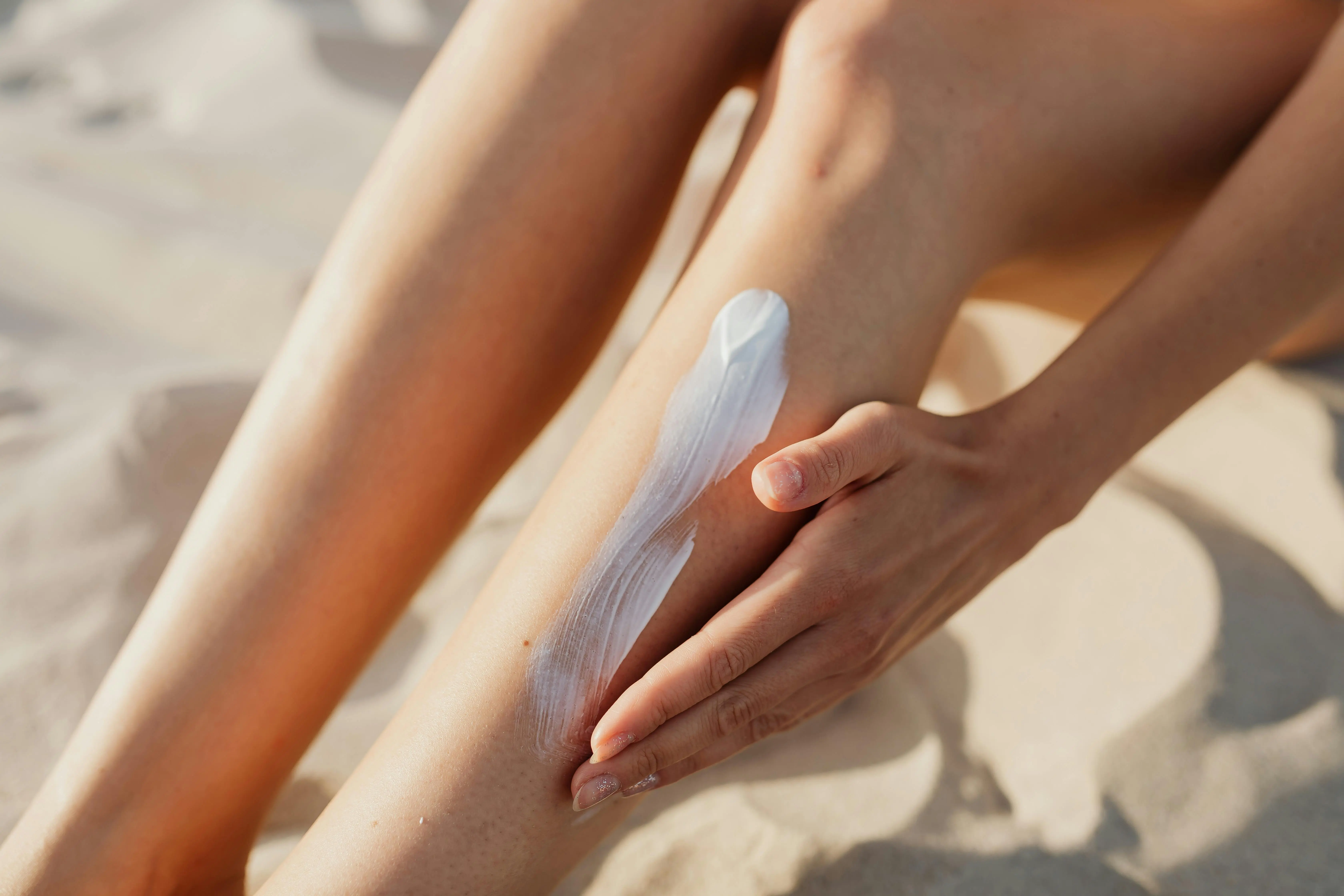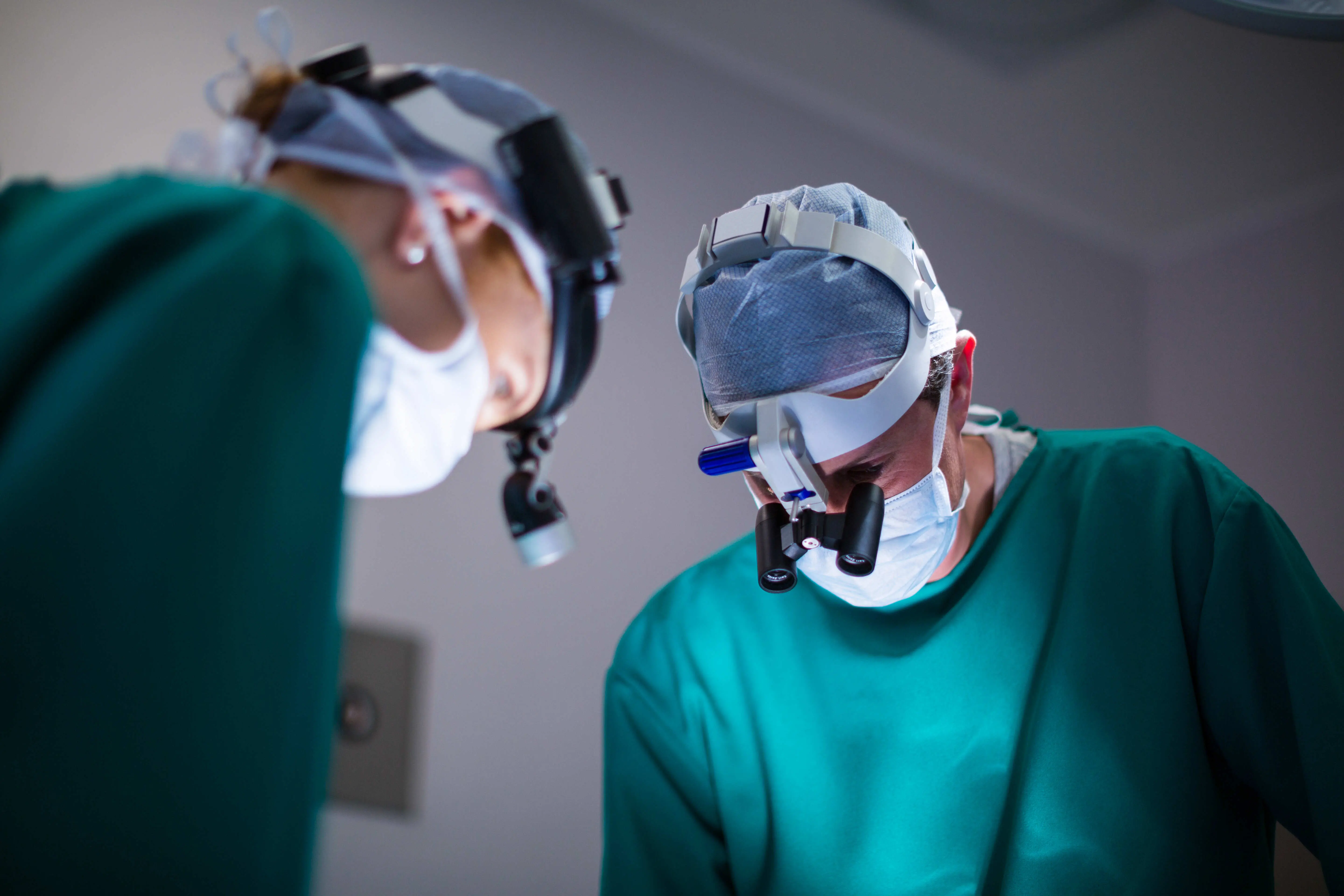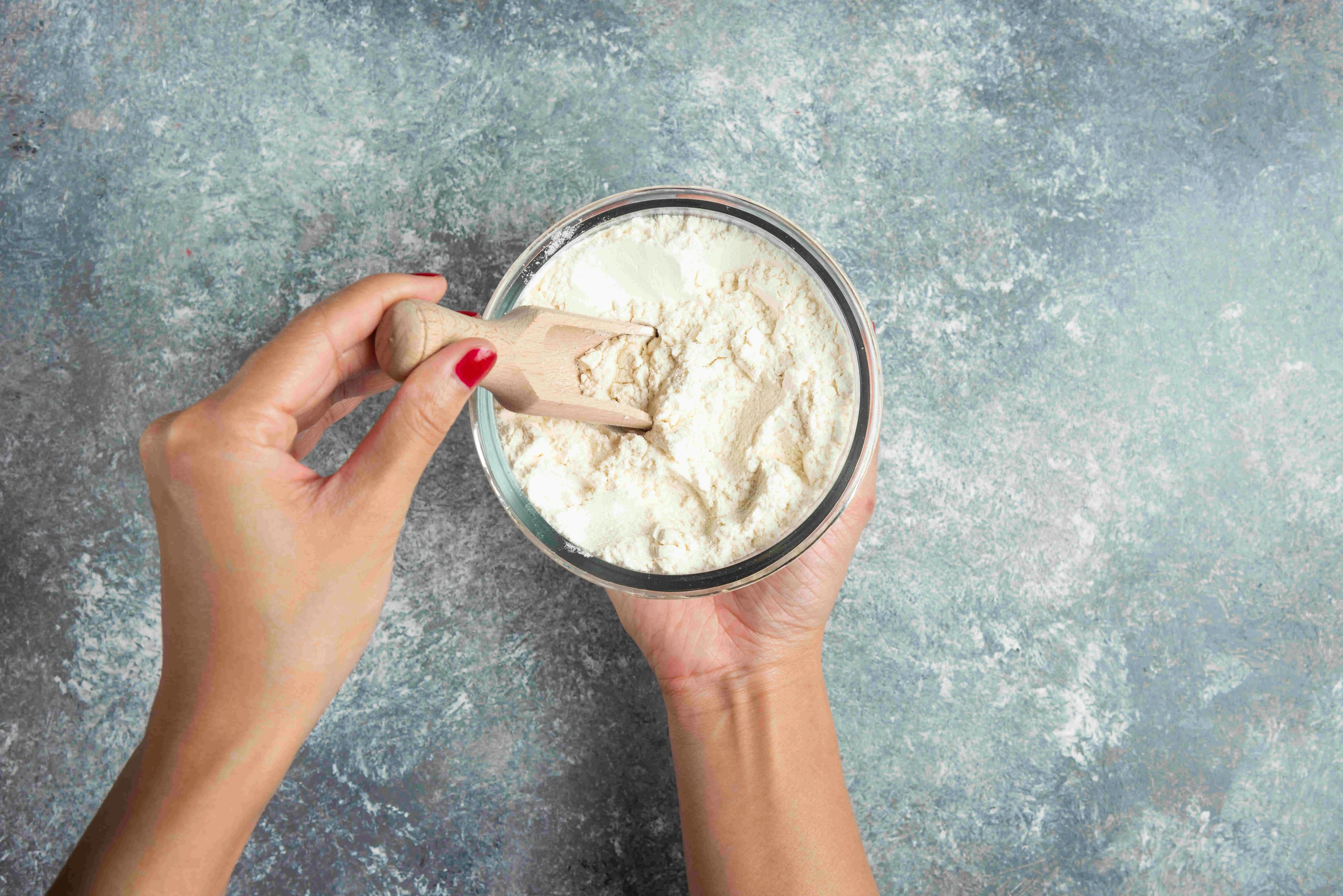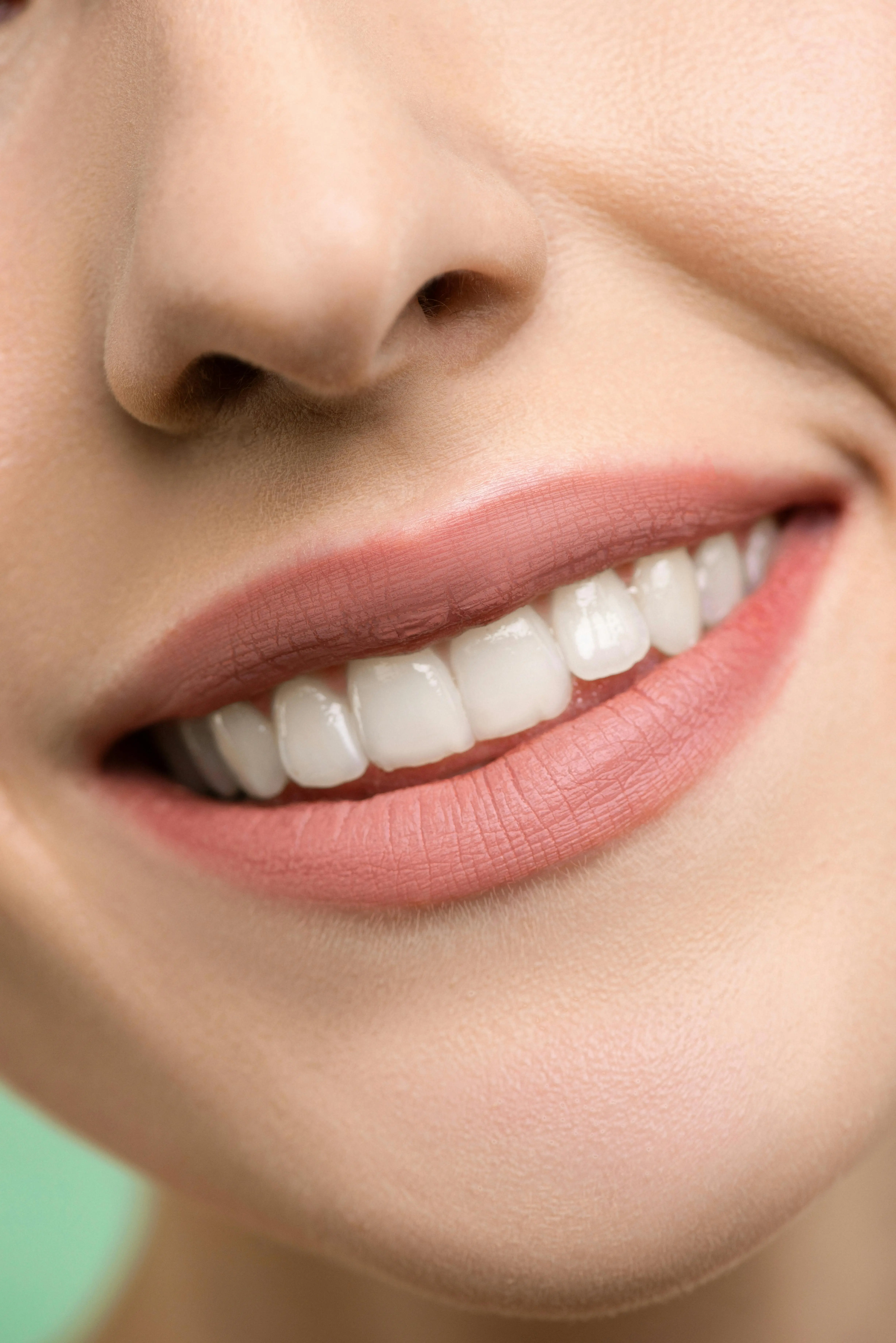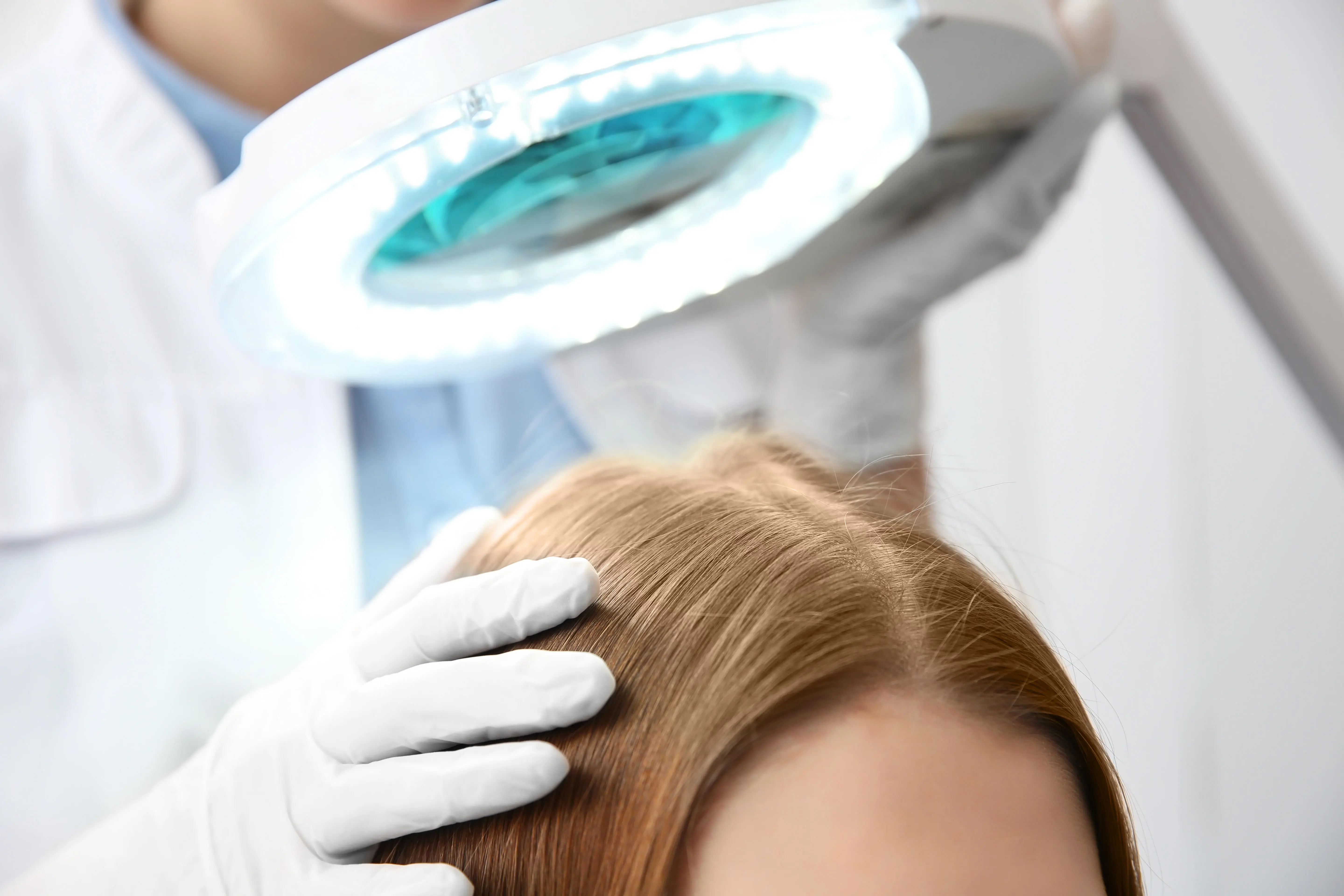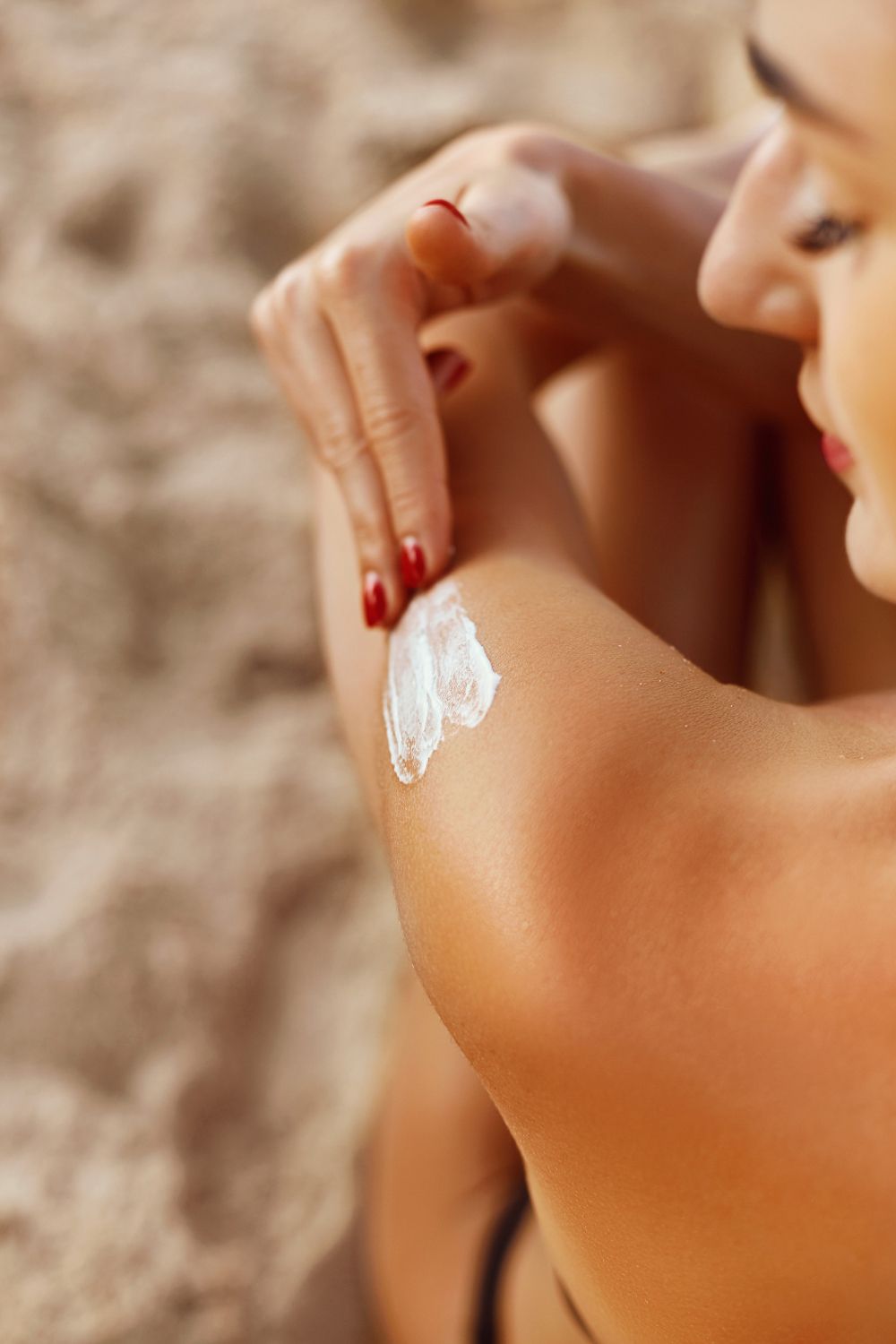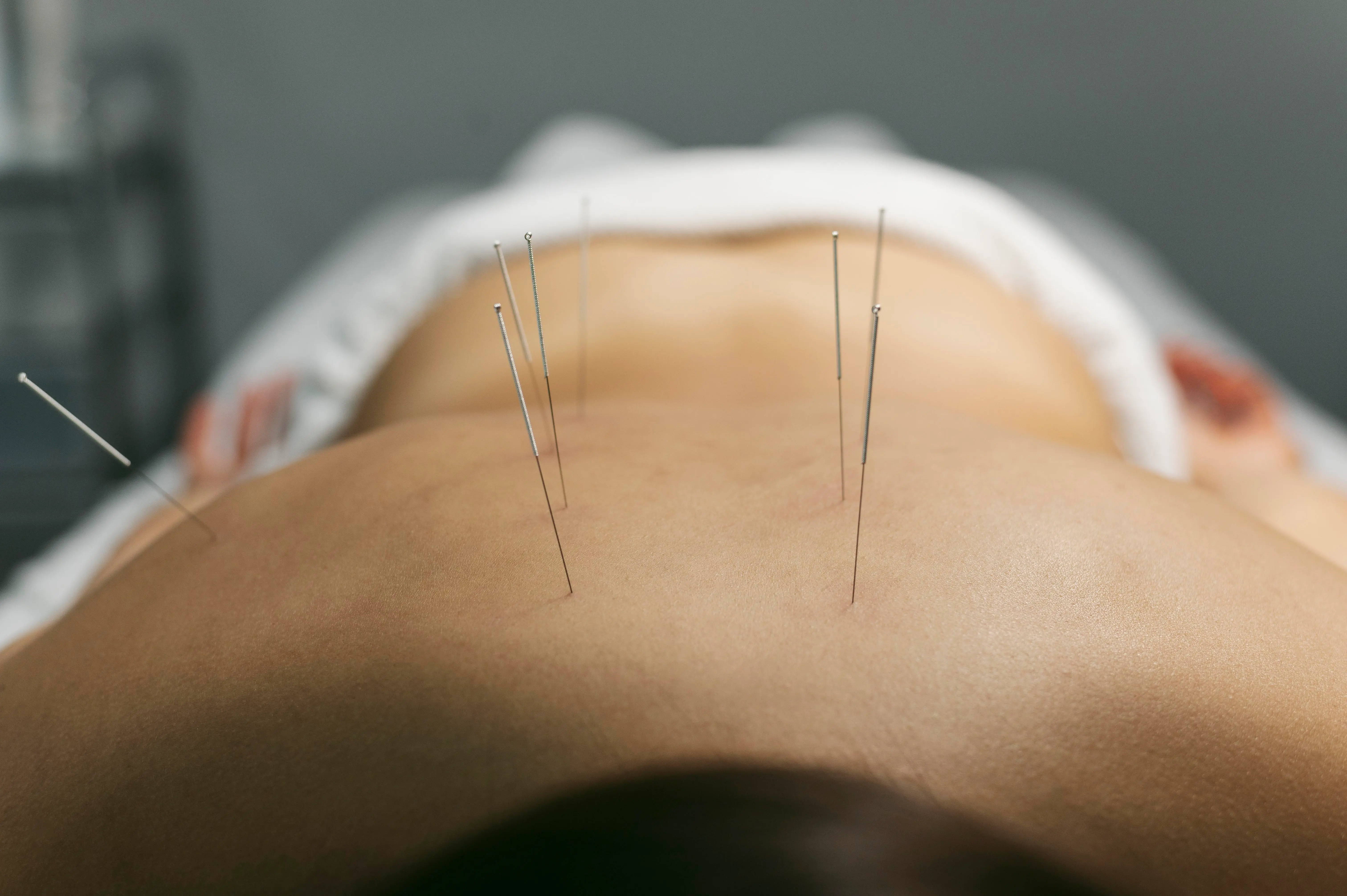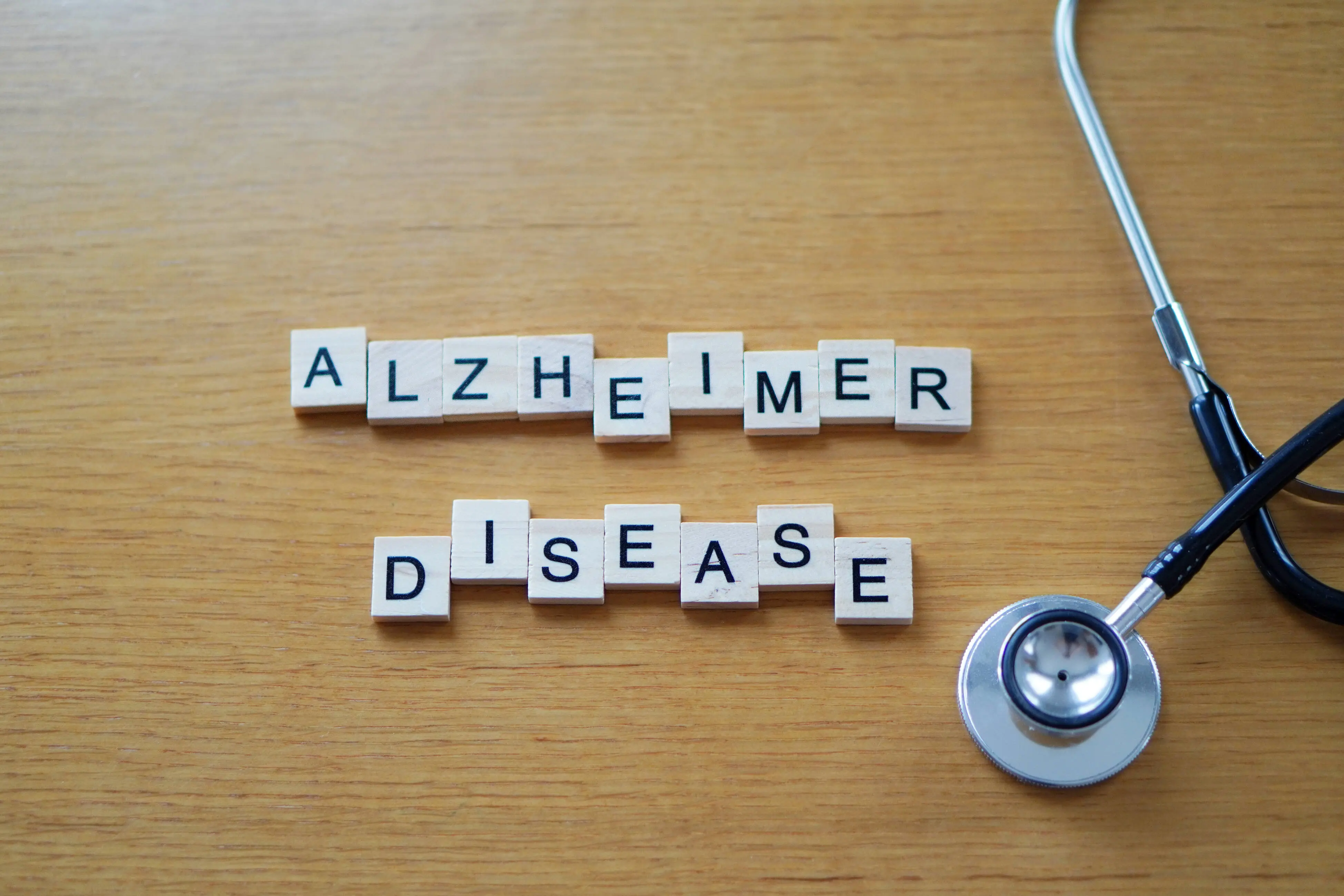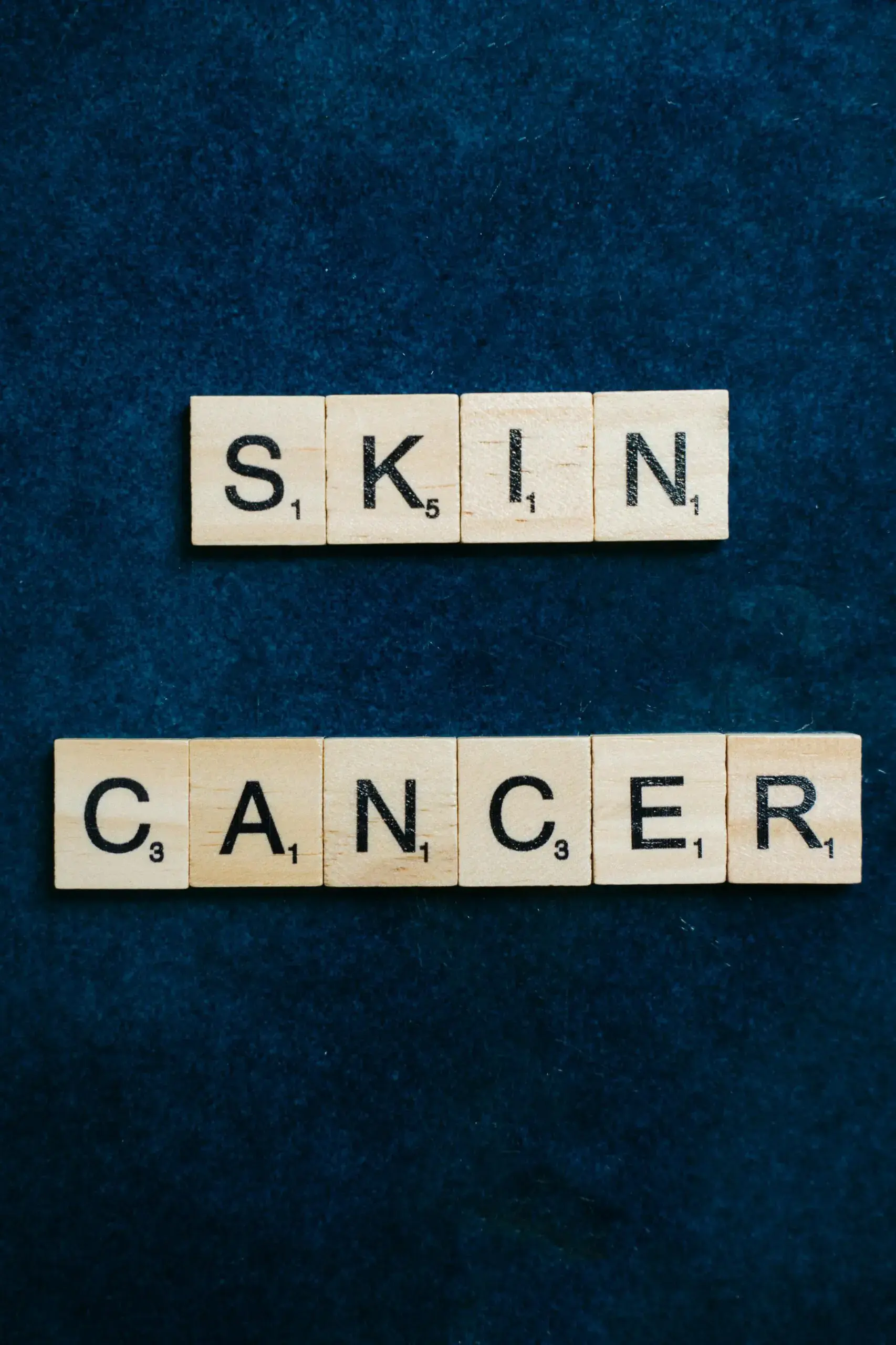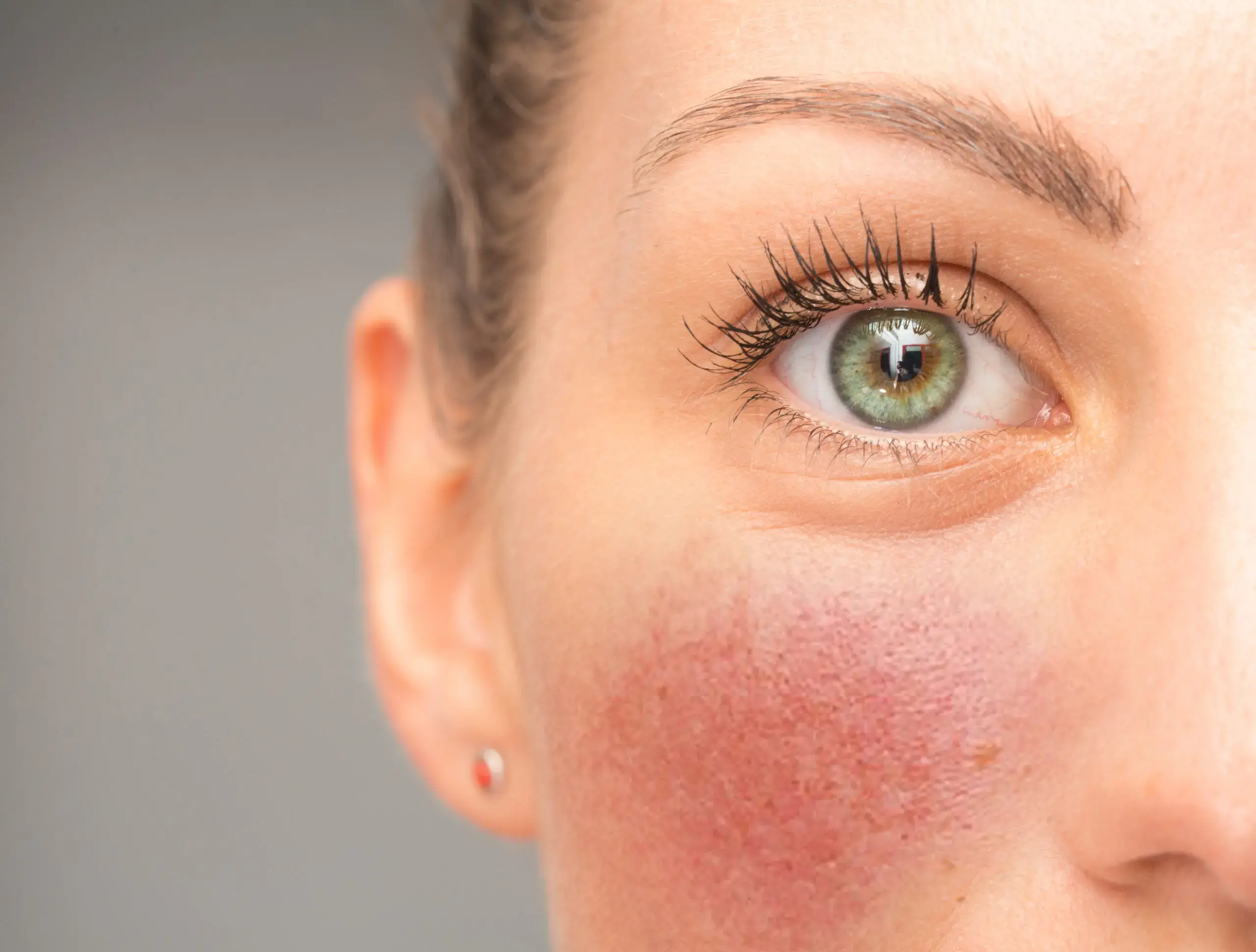In the digital age, countless pieces of information, trends, and product recommendations bombard us daily, especially regarding skincare. The influence of social media has led to more and more influencers, sometimes with millions of followers, disseminating supposed expert advice and product tips—often without sound medical knowledge.
Given this background, it is all the more important for real experts to have their say in order to provide guidance for consumers. For this reason, we spoke with Premium Medical Circle member and dermatologist Dr. med. Hanna M.D. Halter and asked her to name the five biggest no-gos from a dermatological perspective.
1. Going out in the sun without sunscreen or visiting a solarium
By now, everyone should know: UV rays, especially in the solarium, are the most important preventable cause of skin cancer, including melanoma and non-melanoma skin cancer. UVA and UVB rays permanently damage the collagen in the skin, leading to premature skin aging, wrinkles, pigment disorders, and actinic keratoses.
Particularly dangerous is that UV damage accumulates over a lifetime, and even "unnoticed" everyday radiation (such as through windows) contributes to it. As a dermatologist, I recommend applying a broad-spectrum sunscreen with at least SPF 30 daily—even on cloudy days. Visits to solariums multiply the personal risk of skin cancer and quickly lead to irreparable light damage, which is why I would generally advise against it.
2. Popping pimples by yourself
Improperly squeezing pimples worsens inflammation, increases the risk of deep infections (e.g., abscesses), and promotes the formation of scars or permanent pigment changes (post-inflammatory hyper- or hypopigmentation). In certain locations—such as the so-called "danger triangle" of the face—bacterial infections can even be transmitted through the bloodstream to the brain. Therefore: instead of squeezing yourself, have a professional acne treatment performed by dermatologists or trained cosmeticians and, if necessary, use active ingredient creams (e.g. benzoyl peroxide or adapalene).
3. Going to an unprofessional tattoo or piercing studio
If hygiene, sterile techniques, and comprehensive education are lacking, bacterial or viral infections (including Hepatitis B/C, HIV, herpes, tetanus), allergies to metals or dyes, as well as unsightly scars and keloids threaten. Particularly dangerous is the use of cheap or unauthorized pigment colors: they can cause allergies, foreign body reactions, and, in the worst case, carcinomas. A high-quality studio focuses on: sterile disposable materials, documented pigment composition, qualified staff, and medical consultation for skin problems or pre-existing conditions.
